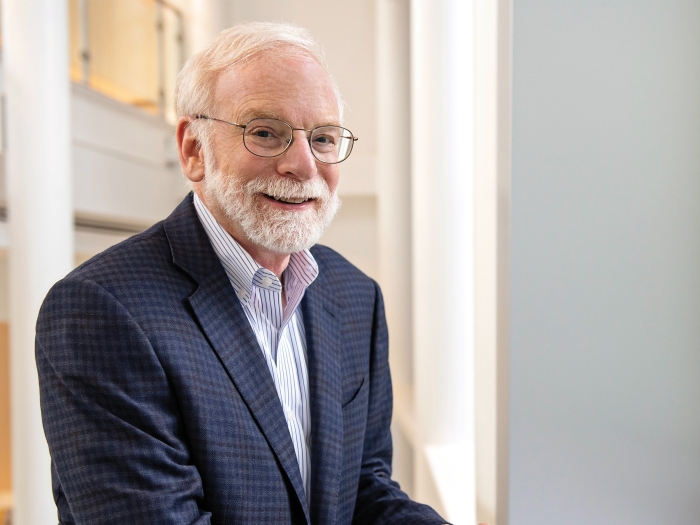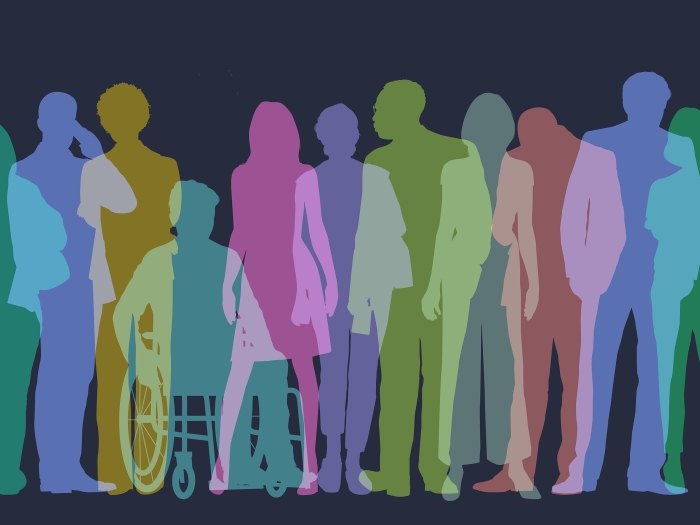Director of Communications, University of Michigan Rogel Cancer
Fawcett leads a team of communicators who produce targeted, innovative communication for the Rogel Cancer Center’s research and clinical enterprises. Prior to Michigan Medicine, Fawcett was a reporter at the Detroit News and editor for a web-based community for people with disabilities.


Health Lab
New research has discovered why some cancers don’t respond to immunotherapy treatment: A metabolite transporter within the tumor microenvironment blocks a key type of tumor cell death integral to immune response.

News Release
New Rogel and Blondy Center for Pancreatic Cancer will bring together researchers and clinicians to drive forward new treatments and improve outcomes

Health Lab
In two separate papers, U-M researchers describe how a gene alteration drives prostate cancer and a potential degrader that stops it

Health Lab
Researchers have developed a new model to help predict treatment response in patients with bladder cancer.

Health Lab
A study finds that efforts to cap prescription drug spending are yielding significant out-of-pocket savings for these patients.

Health Lab
Researchers have uncovered a key reason why a typically normal protein goes awry and fuels cancer. They found the protein NSD2 alters the function of the androgen receptor, an important regulator of normal prostate development.

Health Lab
As cancer treatment and survivorship care relies more on understanding the genetic make up of an individual’s tumor, a study from the University of Michigan Health Rogel Cancer Center finds that many breast cancer survivors who meet criteria for genetic counseling and testing are not receiving it.

Health Lab
Researchers find common immune system mechanism between pregnancy, cancer

Health Lab
Changing how often a popular cancer therapy is delivered would reduce greenhouse gas emissions and improve environmental impact without decreasing cancer survival, according to a new analysis from researchers at the University of Michigan Health Rogel Cancer Center.

Health Lab
A new urine-based test helps men avoid unnecessary biopsies and addresses a major problem in prostate cancer: how to separate the slow growing form of the disease unlikely to cause harm from more aggressive cancer that needs immediate treatment.

Health Lab
Socially vulnerable patients were more likely to stick with oral medications when treated at a hospital participating in 340B program, suggesting these hospitals may have more resources to help patients.

Health Lab
Model shows how oncostreams form and behave in brain tumors – and how to inhibit them

Health Lab
Expert explains six behavioral risk factors for cancer and why current programs don’t always meet the needs of people from racially and ethnically minoritized groups and other vulnerable populations.

Health Lab
Founding Rogel Cancer Center Director reflects on how cancer evolved from ‘the least scientific discipline’ to a shining example of how basic research discoveries can change clinical care.

Health Lab
As guest editor for a themed journal issue, Lori Pierce helps highlight the multiple factors that can make cancer care and prevention more equitable and reduce the burden of this disease for all